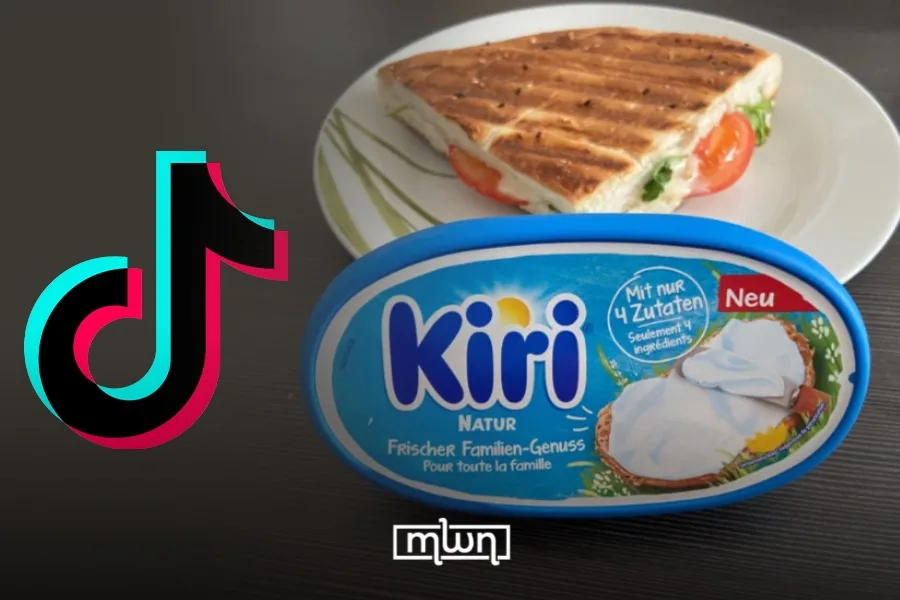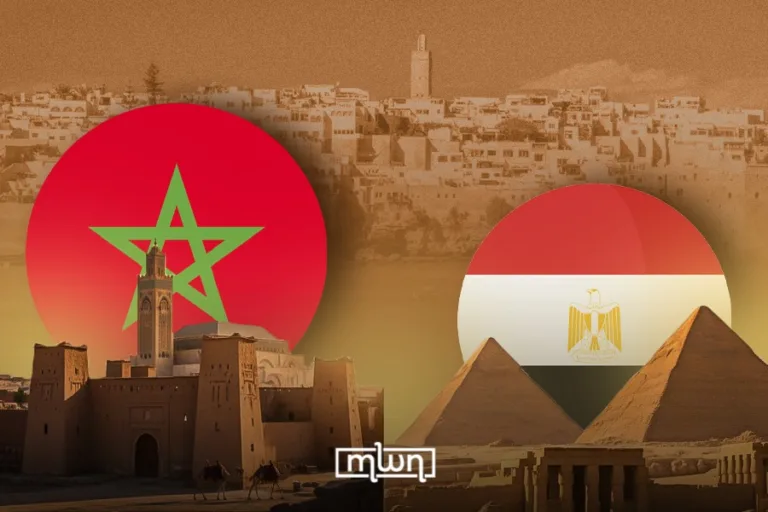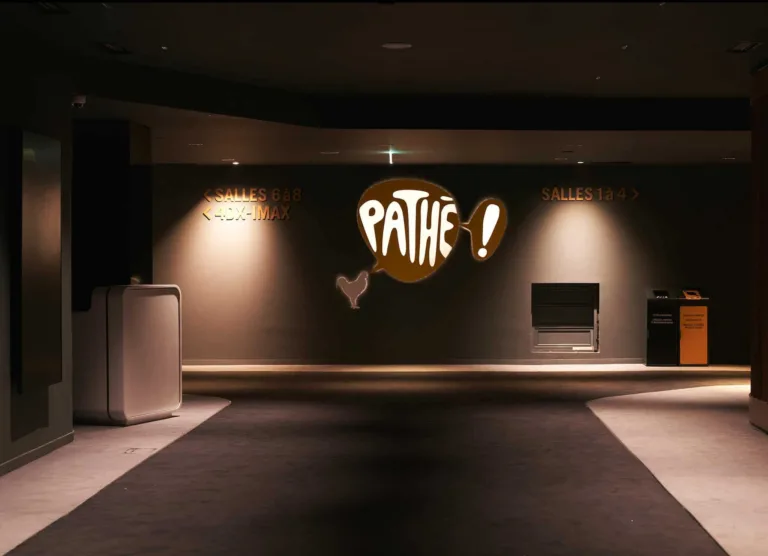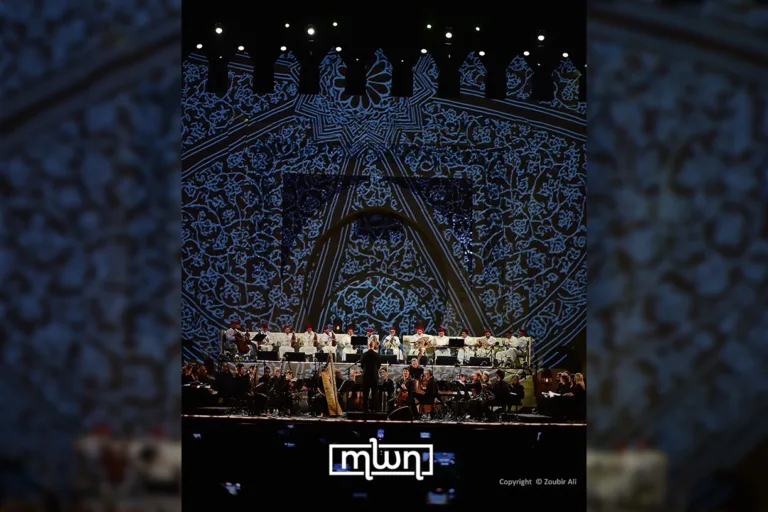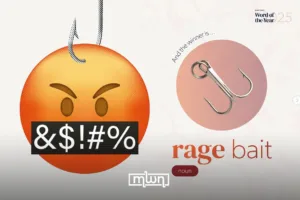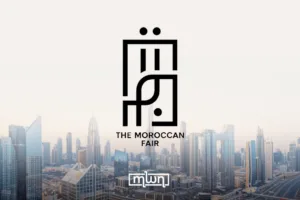Fez – A Moroccan TikToker’s clip comparing “Kiri” cheese sold in Morocco and France went viral this week, alleging that the local version contains risky additives not found in France.
In the video, the creator lists three E-numbers said to appear on Moroccan packs—E341 (tricalcium phosphate), E407 (carrageenan) and E452 (polyphosphates), claiming that they are “potentially carcinogenic.” The story spread quickly across social platforms and local outlets amplifying the side-by-side label check.
ONSSA answered the buzz with a public reassurance: the cited additives are authorized in Morocco, and internationally, when used within regulatory limits. Furthermore, cheeses produced in approved plants undergo regular sanitary controls. The agency also noted that similar additives are permitted in the EU, Canada, the US, and Australia.
What does the science say? EFSA’s re-evaluation of phosphates set a group acceptable daily intake and found no genotoxic or carcinogenic concern at permitted uses; EFSA likewise found no carcinogenic signal for food-grade carrageenan, distinguishing it from degraded “poligeenan,” which is not approved for food. In short, risk depends on overall intake and compliance with limits, not the mere presence of an E-number.
Do recipes differ by market? Yes. Ingredient lists can vary by country and product range, which helps explain why some Moroccan Kiri labels show emulsifying salts such as polyphosphates or calcium phosphates while certain European SKUs highlight “no additives” reformulations. Variation alone does not imply non-compliance or danger. Always check the specific pack you buy.

